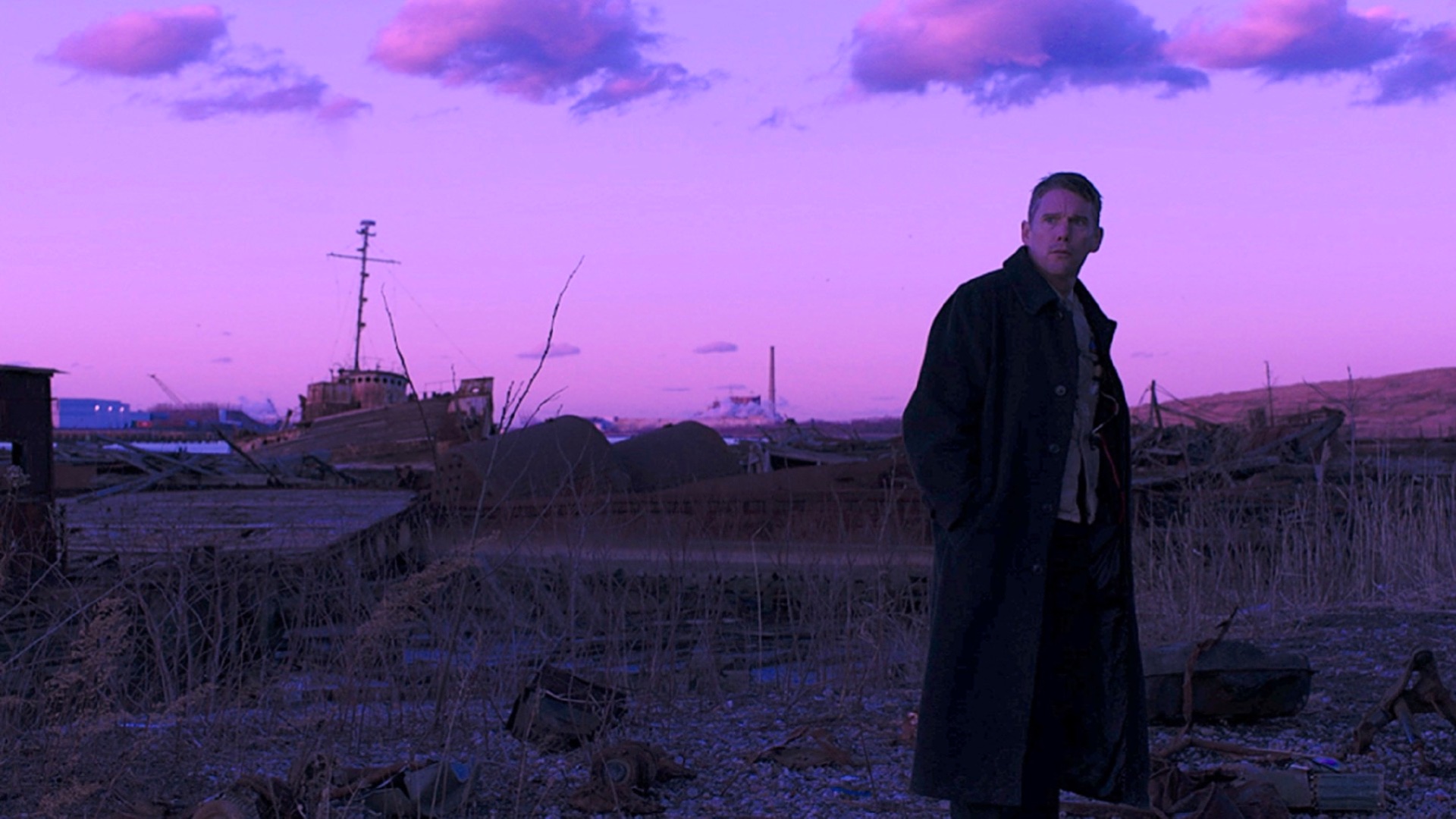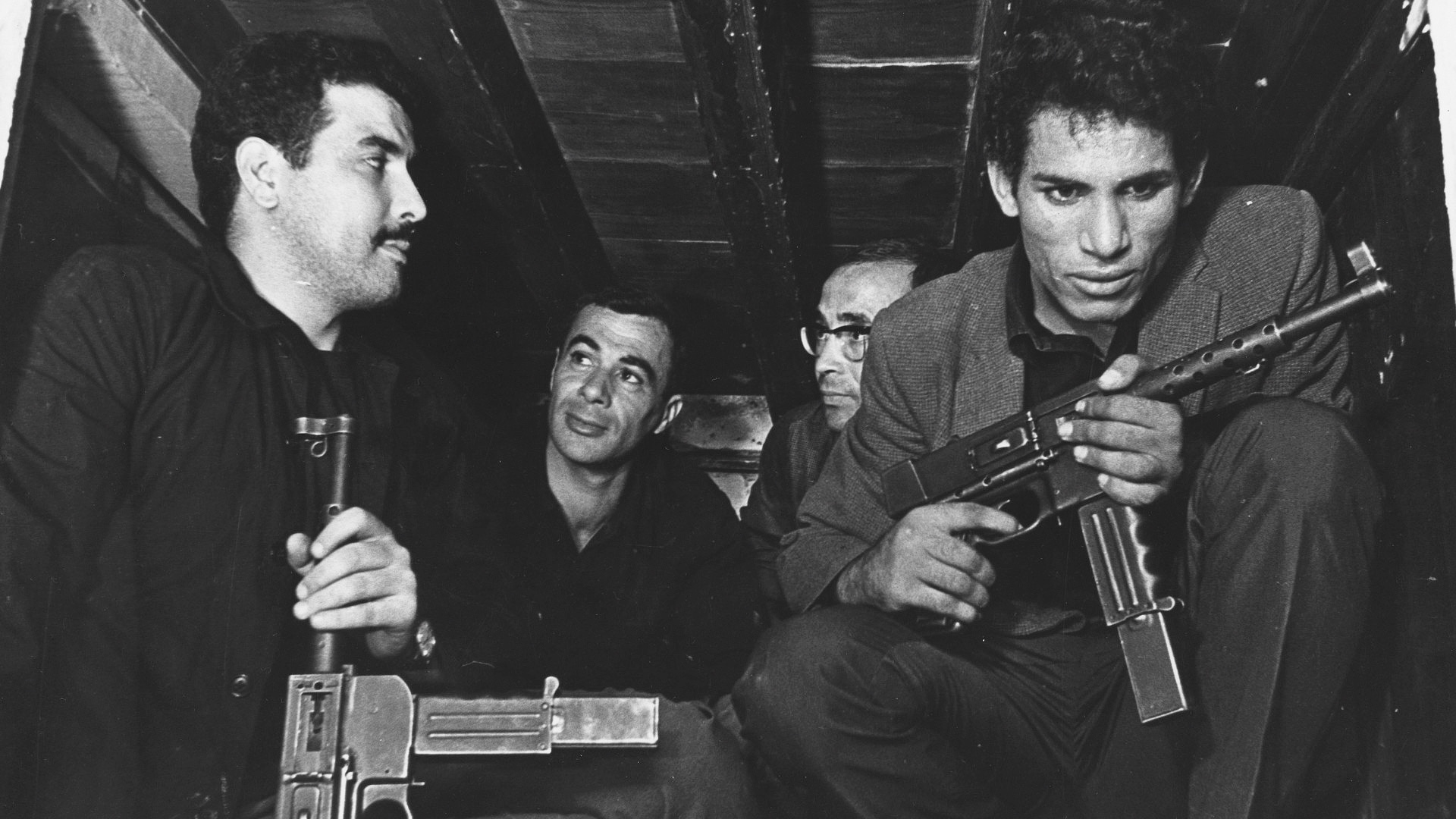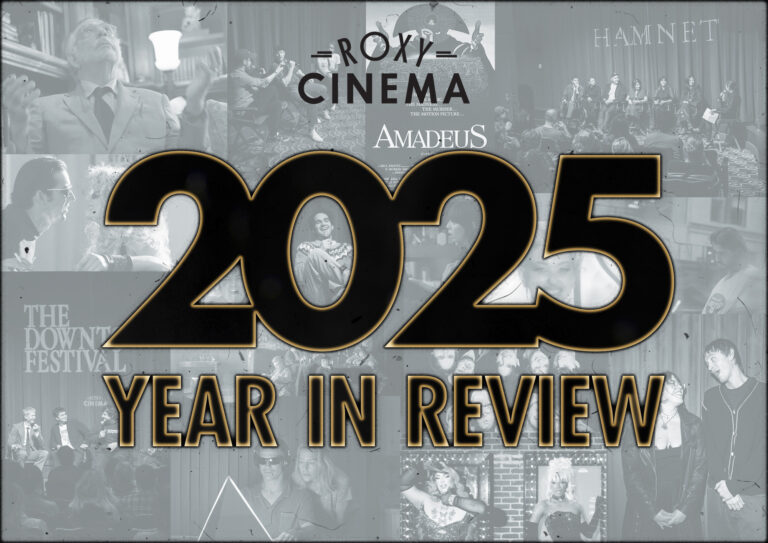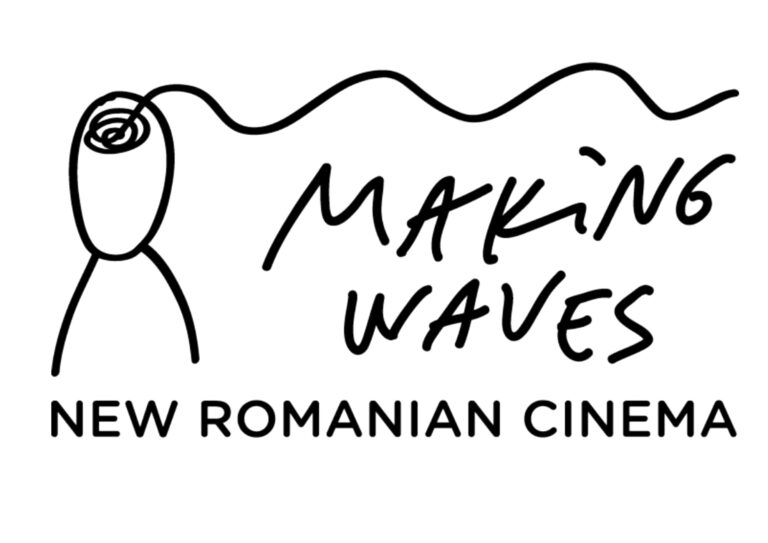Words by Pipeline team: Daniel Goldhaber, Ariela Barer, Jordan Sjol, and Daniel Garber
We can feel that our institutions are broken, that we are careening toward collapse, and that our systems will likely not save us. And our responses—in classrooms and churches, in halls of power, in bedrooms and on the street—are taking on a fervid tenor. From teenagers throwing soup at masterpieces to riots, mass shootings, and insurrections, we are turning from proscribed routes of grievance to more visceral, unruly, direct actions. It feels necessary to ask: do we need to escalate our tactics?
Explosions are fun to watch. A fireball is a form of pure cinematic excess. But what about cinema that takes throwing bombs seriously? In concert with the 35mm premiere of How to Blow Up a Pipeline, we have selected three films that informed our approach. Each of these four movies features an explosive device. Each pays careful attention to the physical reality of bombs—to their heft and texture, their seductiveness and repulsiveness. Each cares what these explosives mean to the people who wield them. These films ask overlapping questions, yet any answers they give are all their own.
First Reformed finds Ethan Hawke as a priest whose crisis of faith gets an outlet when he comes into conflict with one of his parishioners, a would-be martyr for the environment. After the parishioner makes a fateful choice, Hawke’s priest and the parishioner’s pregnant wife (an excellent Amanda Seyfried) grapple with angst, hopelessness, and an acute desire for transcendence. A film that is intensely aware of the seductiveness of zealotry, First Reformed probes the spiritual dimensions of our current apocalypse.
Feverishly and exactingly, Algerian subjects of French Colonial Rule struggle to strike a blow against their oppressors. Battle of Algiers takes you with them in their mission. Made with many non-professional actors who had lived through the events they were re-creating, Battle of Algiers blends narrative construction and propagandistic reportage in a newsreel style that’s designed to electrify. It is a movie that accepts Frantz Fanon’s insistence that “decolonization is always a violent phenomenon”—not linguistically or symbolically or metaphorically violent, but physically violent. In an era in which non-violence has become a sacred cow, Battle of Algiers continues to offer a radical challenge.
The malaise in Nocturama is more diffuse, yet just as suffocating. The bulk of the movie takes place in the aftermath of an attack carried out by a group of French teenagers. As they hide out in a closed mall—a symbol of the order that they are lashing out against—they deal with the elation, and the repercussions, of what they have done. An ultimately cynical film that sees capitalism, consumerism, and the police state as prisons from which there is no escape, it is a timely evocation of contemporary youth angst and anger.






